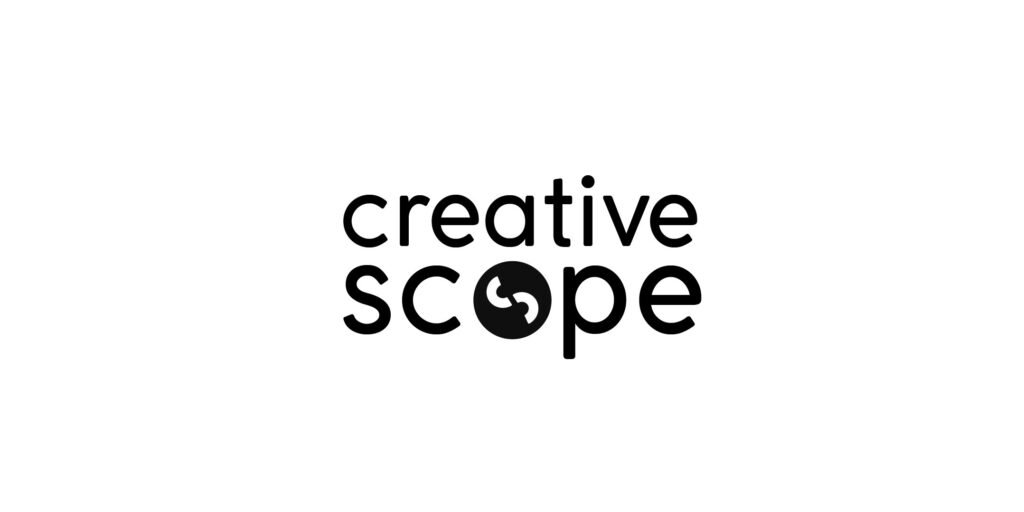Social media has become an integral part of our lives, and influencer marketing has emerged as a powerful tool for businesses to grow their brands. Influencers, with their large and engaged followings, have the ability to sway consumer behavior and drive brand awareness. This post explores the concept of influencer marketing and examines how businesses can effectively leverage this strategy to foster brand growth. Let’s delve into the benefits, challenges, and best practices of influencer marketing.
The Power of Influencer Marketing
Influencer marketing is a form of collaboration between brands and influential individuals who possess a significant online presence. These individuals, commonly known as influencers, can be celebrities, industry experts, or social media personalities. The key element that sets influencer marketing apart from other forms of advertising is the authenticity and trust that influencers have built with their audiences.
According to a study conducted by Nielsen, 92% of consumers trust recommendations from individuals, even if they don’t personally know them, over traditional advertising methods. This statistic highlights the power of influencer marketing in establishing credibility and driving consumer trust. By partnering with influencers who align with their brand values, businesses can tap into the influencers’ established trust with their followers, effectively increasing their own brand credibility.

Benefits of Influencer Marketing
Expanded Reach: One of the primary benefits of influencer marketing is the ability to reach a larger and more targeted audience. Influencers have carefully cultivated their followings based on specific interests, demographics, or niches. By collaborating with relevant influencers, brands can tap into these established communities and expose their products or services to a highly engaged and receptive audience.
Authenticity and Trust: As mentioned earlier, influencers have built trust and authenticity with their followers. When an influencer promotes a brand, their audience sees it as a genuine recommendation rather than a traditional advertisement. This authenticity leads to higher levels of engagement, increased brand loyalty, and greater conversion rates for businesses.
Improved Content Creation: Influencers are skilled content creators who understand what resonates with their audience. By partnering with influencers, brands can tap into their expertise and leverage their creativity to develop engaging and compelling content. This content can take the form of sponsored posts, videos, blogs, or even live events, providing businesses with valuable and authentic user-generated content.
Challenges of Influencer Marketing
While influencer marketing offers numerous benefits, it also presents certain challenges that businesses need to navigate effectively. Some of the key challenges include:
Finding the Right Fit: Identifying the right influencers who align with the brand’s values, target audience, and marketing objectives can be a daunting task. Businesses need to conduct thorough research to ensure that the influencers they choose have genuine influence, engage with their followers, and have a strong track record of successful partnerships.
Authenticity Concerns: In recent years, concerns over influencer authenticity and transparency have risen. Some influencers have been caught in controversies related to fake followers or undisclosed sponsored content. This raises the importance of due diligence on the part of brands to verify an influencer’s authenticity and ensure that partnerships are transparently disclosed.
Measurement and ROI: Measuring the impact and return on investment (ROI) of influencer marketing campaigns can be challenging. Determining the right metrics to track, such as engagement rates, click-through rates, or sales conversions, requires careful planning and analysis. Additionally, establishing a benchmark for success and comparing it to other marketing channels can help gauge the effectiveness of influencer marketing efforts.

Best Practices for Leveraging Influencer Marketing
To effectively leverage influencer marketing and maximize its benefits, businesses should consider the following best practices:
Define Clear Objectives: Before initiating an influencer marketing campaign, it is crucial to define clear objectives and key performance indicators (KPIs). Whether the goal is to increase brand awareness, drive website traffic, or boost sales, having specific goals will help guide the selection of influencers and shape the campaign strategy.
Conduct Thorough Research: Thoroughly research potential influencers to ensure they align with the brand’s values, target audience, and marketing goals. Examine their content, engagement rates, audience demographics, and past collaborations. Tools like social media analytics platforms and influencer marketing platforms can assist in evaluating influencers’ performance and credibility.
Build Genuine Relationships: Instead of treating influencers as mere advertising vehicles, brands should focus on building genuine relationships. By fostering meaningful connections, brands can create long-term partnerships that benefit both parties. Collaborating with influencers on multiple campaigns can lead to increased trust, loyalty, and an authentic representation of the brand.
Create Authentic and Valuable Content: Encourage influencers to develop content that resonates with their audience while incorporating the brand’s message organically. It is essential to strike a balance between brand integration and the influencer’s unique style. Authentic and valuable content ensures that the audience remains engaged and receptive to the brand’s message.
Monitor and Measure Results: Regularly monitor the performance of influencer marketing campaigns using appropriate metrics and tracking tools. Evaluate the impact on key performance indicators and compare the results with benchmarks and other marketing channels. This analysis will help refine strategies, optimize future campaigns, and determine the overall ROI.

Conclusion
Influencer marketing has become a powerful tool for businesses to grow their brands in today’s digital landscape. The ability of influencers to build trust, engage with their audiences, and create authentic content presents a unique opportunity for businesses to reach new consumers and foster brand growth. By leveraging influencer marketing, brands can tap into expanded reach, authenticity, and improved content creation, leading to increased brand awareness, customer loyalty, and conversions. While challenges such as finding the right influencers and measuring ROI exist, adhering to best practices can help businesses navigate these hurdles and unlock the full potential of influencer marketing. With careful planning, strategic partnerships, and a commitment to authenticity, businesses can harness the power of influencer marketing to propel their brands to new heights.
Call Creative Scope For a Free Discovery Call and Grow Your Business
Our digital marketing agency specializes in helping businesses market and increases their profits. By investing in an experienced and skilled agency with experts who understand the digital world and the importance of high-quality content, you are more likely to yield results. Contact us today to set up a discovery call if you have any questions or would like to hear more about the benefits of investing in a professional website, paid ad campaigns, branding and graphics, social media presence, or valuable content. We look forward to hearing from you



